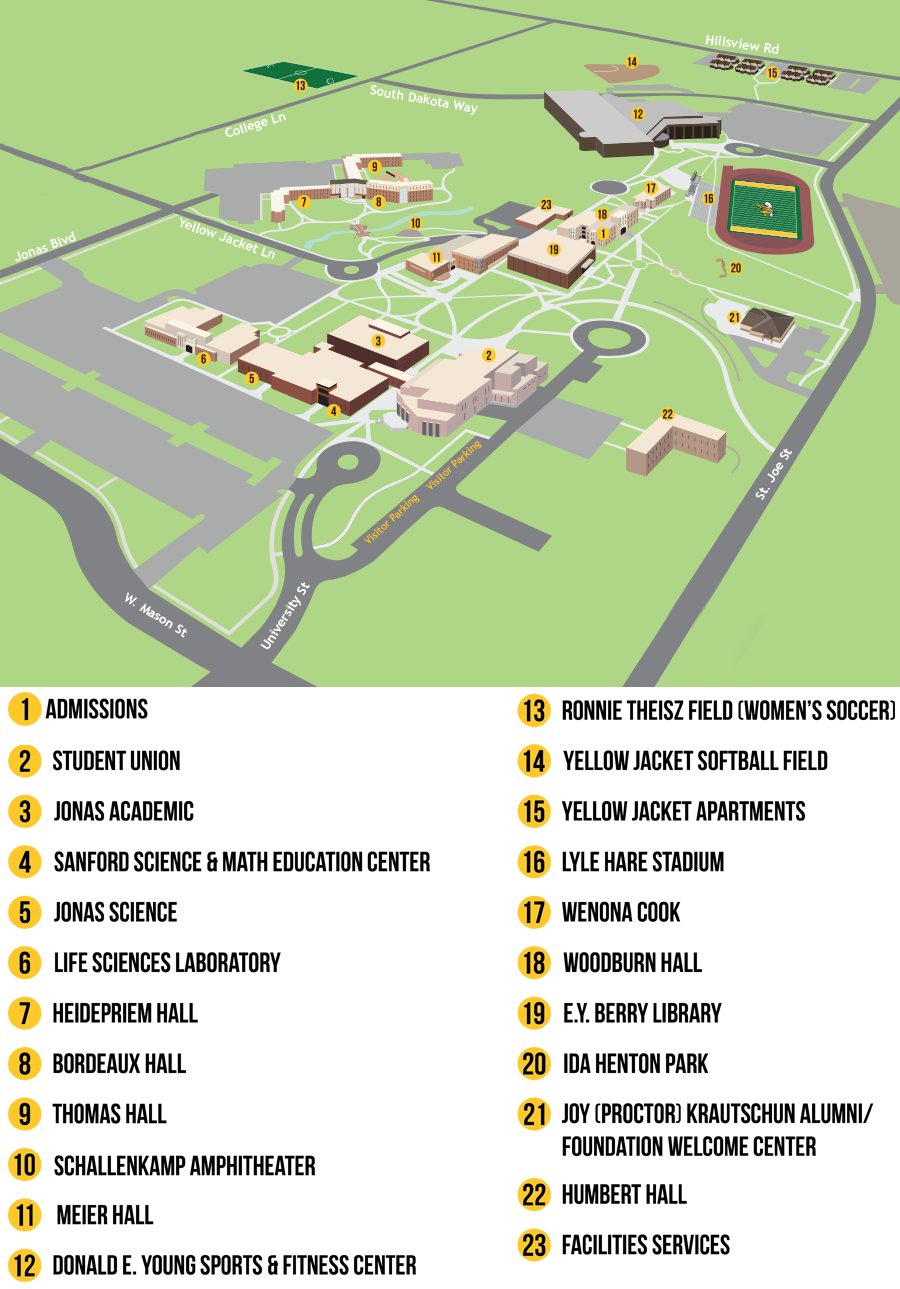COURSE DESCRIPTION
Required Core Classes:
Fundamentals of Sustainability – SUST 510 – 3 Credits
This course will examine the multifaceted dimensions of sustainability. Natural, social and economic systems will be explored for key relationships, factors and elements of sustainability. Students will acquire the necessary knowledge and tools needed to be change agents for a sustainable future.
Science for Sustainability – SUST 520 – 3 Credits
Science for Sustainability is a course designed to take a systems approach to analyze important science topics (solid and air pollution, the carbon cycle, water, energy, etc.) and their role in a sustainable future. Students enrolled in this course will develop a deeper understanding and an ability to describe in detail the scientific connections in each system and between different systems, in addition to the various economic and social factors that play important roles in working with these systems.
Environmental Economics – SUST 530 – 3 Credits
This course will evaluate the functioning of economic markets, and how public policy may improve economic and social welfare. The economic concepts developed in the course will be applied to current environmental and resource issues.
Human Dimensions in Sustainability – SUST 710 – 3 Credits
This course will explore both the individual and societal aspects of sustainability. It will examine the influence that human thought, action and technology has on a sustainable way of life. It will examine population trends, global consumption patterns, belief systems, social organizations, social norms, and social identities.
Communication and Change – SUST 720 – 3 Credits
This course will teach students the art of influence, the skills of effective communication (written and oral) and the key steps to produce a meaningful change in human behavior in order to reach toward sustainability.
Environmental Law and Policy – SUST 730 – 3 Credits
The course will provide a framework for understanding the background and development of significant legal and policy decisions affecting the environmental regulation in the United States. Participants will gain an understanding of the core features of US environmental laws and regulations, developments in regulatory policy-making, the relationship between the national and state governments regarding environmental regulation, and the roles of key political interests in the policy-making process.
Quantitative Methods in Sustainability – SUST 750 – 3 Credits
Quantitative Methods in Sustainability will introduce students to analytical methods for sustainability (carbon footprint, polling and demographic analysis, etc.). In this class the students will gain the knowledge of various methods for the collection and analysis of data. The student will gain proficiency in these methods as well as the ability to communicate and utilize the results.
Global Climate Change – SUST 760 – 3 Credits
This course emphasizes the current status of climate change science and the impacts climate change is having on human society and biodiversity on a global scale. Participants will explore the cultural and societal implications of climate change, the impact that climate change has on biological diversity, as well as discuss why biological diversity is important to human culture and society. The different attitudes and responses to climate change will be explored, as well as how to discuss the topic with people from a wide range of opinions on the subject.
Capstone – SUST 785 – 6 Credits
The capstone project will showcase the student’s ability to address a real world issue or problem using the tools learned throughout the program. The project will use and interdisciplinary approach to build a proposed pathway to overcome the selected topic in a sustainable way. Student will have the opportunity to develop their ideas through group discussion and interaction before preparing an oral proposal of their intended project. Once approved, the student will work independently to build the project using the knowledge and tools gained in the program.
Electives:
Alternative Energy – SUST 765 – 3 Credits
This course is designed to build the foundations of scientific knowledge for various types of alternative energy. Understanding of each type’s needed resources and waste management components will be explored, in addition to the social and political policies that surround them.
Topics – SUST 792 – 3 Credits
Courses dedicated to current topics, advanced topics and special topics in the area of sustainability. Course content is not wholly included in the regular program curriculum. Guest academically qualified experts may serve as instructors.
Internship – SUST 794 – 3-6 Credits
Applied, monitored and supervised, field-based learning experience for which the student may or may not be paid. Students gain practical experience; they follow a negotiated and or directed plan of study. A higher level of supervision is provided by the instructor in these courses than is the case with field experience. This course requires permission of the Instructor and Program Coordinator. Fees will be charged in addition to tuition and regular campus fees.
Take The Next Step



